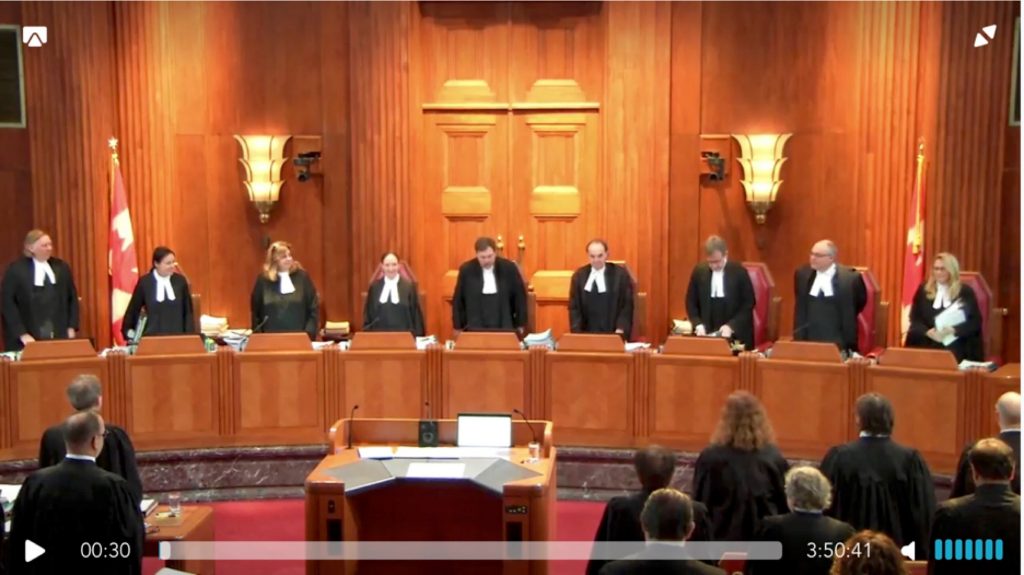By: Leslie Anne St. Amour
Now that the Constitutional challenge to the Ford government’s repeal of the 2015 sex-ed curriculum has been heard by the court, I am reflecting on why I wanted to work on this project as an Asper Centre Clinic student last term. The repeal of the 2015 sex-ed curriculum was terrifying and personal to me. I grew up in rural Ontario and received all of my public-school sexual education based on the 1998 curriculum. In my hometown there is no access to abortion services, mental health services are few and far between and everyone knows each other and their business, making seeking additional information or services difficult, if not impossible.
We learned to be abstinent. And if not, then to use a condom. But not how to use a condom. We learned sexually transmitted infections exist and that they are something to be ashamed of and feared. Not where to go to get tested, how to navigate disclosure or that the stigma is unnecessary. We simply did not learn about consent or gender identity.
Because of this inadequate curriculum, many young people in Ontario have turned to each other and the internet for their sex education in the years since we have left public-school. We turn to the internet, but there is so much information and misinformation that we often struggle to know what is accurate and so we crowdsource it amongst ourselves. We hope one of our friends had a sex-ed teacher who went above and beyond the 1998 curriculum, or that one of us learned something at our universities’ health fairs or maybe that one of us with a parent in healthcare knows the accurate answer.
This Charter challenge focused on: section 2(b) guaranteeing freedom of expression, section 7 guaranteeing life, liberty and security of the person and section 15 guaranteeing equality. While working with the Asper Centre to support this litigation I conducted research on several topics including Constitutional conventions and Charter jurisprudence. The Charter section I primarily focused on was section 7. Under the guidance of Susan Ursel, the Asper Centre’s Constitutional Litigator in Residence last term, I conducted research into potential Charter challenges that could be made. In this case, section 7 was used to address the removal of consent from the curriculum and the impact this has on the security of the person of students, women and LGBTQ+ people in particular.
Society is facing a reckoning in respect to consent and sexual activity. The #MeToo movement has provided an opportunity for discussion about sexual assault, harassment and consent. We are seeing a societal conversation about consent, what it means and how to ensure consent has been given. This makes it so clear to me that so many people do not understand consent and therefore how important it was that it was included in the 2015 sexual education curriculum. The removal of consent from the curriculum puts every child who will not be taught about their right to bodily integrity at risk and puts those children at risk of one day perpetuating sexual violence because they do not understand the required consent and how to gain it.
I hope that regardless of the results of the case, students across Ontario have heard us. There are people here supporting their rights to bodily autonomy and to have all gender identities and sexual orientations included in their curriculum. And I hope that governments across Canada, not just Ontario, have heard us ask for this.
Leslie Anne St. Amour is 2L JD Candidate at the Faculty of Law and a former Asper Centre clinic student.

